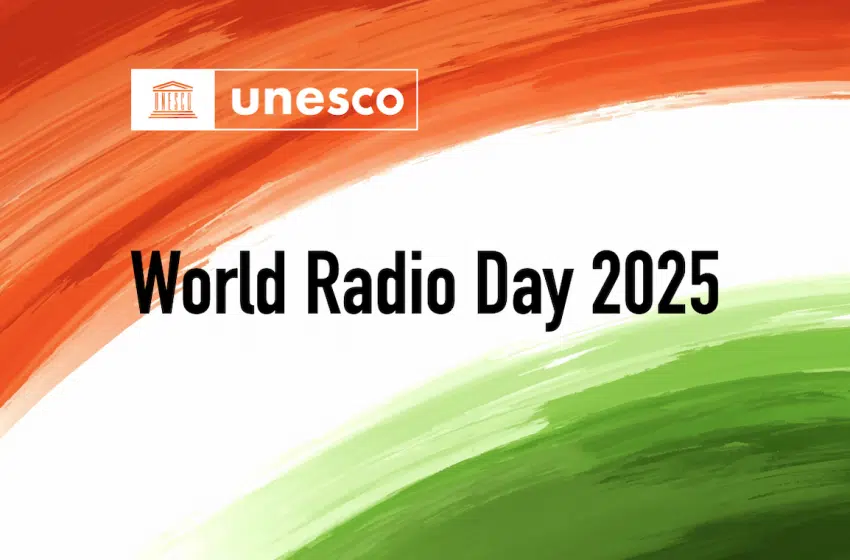World Radio Day, celebrated on February 13th, marks an important occasion to reflect on the significant role radio continues to play in our ever-evolving world. The theme for 2025, “Radio and Climate Change: Amplifying Voices, Inspiring Action,” underscores the critical function of radio in addressing one of the most pressing challenges of our time.
Since its inception over a century ago, radio has transformed into a dynamic medium transcending geographical, social, and economic barriers. In Nigeria, where diversity is celebrated, and a myriad of languages and cultures coexist, radio remains a powerful tool for unity and progress. It provides a platform for disseminating information, fostering dialogue, and mobilising communities towards collective goals.
This year’s theme is especially pertinent as the world grapples with the escalating impacts of climate change. From severe weather events to shifts in agricultural productivity, the effects are far-reaching and affect every facet of life. In this context, radio emerges as a vital instrument in raising awareness, promoting environmental education, and inspiring action.
Radio has a unique ability to reach wide audiences, including those in remote and underserved areas. Its accessibility makes it an essential medium for disseminating crucial information about climate change. In Nigeria, radio stations have been instrumental in educating the public about sustainable practices, the importance of conservation, and the impacts of climate change on local communities.
Educational programs on the radio can inform listeners about how they can contribute to mitigating climate change through simple, everyday actions. Whether it’s reducing waste, conserving energy, or supporting reforestation efforts, these messages can empower individuals to make a difference. Furthermore, radio can amplify the voices of environmental activists, scientists, and policymakers, facilitating a broad-based dialogue on climate solutions.
One of the strengths of radio is its ability to engage communities in meaningful ways. Call-in shows, interviews, and community forums allow listeners to participate actively in discussions about climate change and its impacts. This interactive nature of radio helps build a sense of community and shared responsibility, which is essential for collective action.
In Nigeria, where many communities rely on agriculture for their livelihoods, radio can provide valuable information on climate-smart agricultural practices. Farmers can learn about drought-resistant crops, sustainable farming techniques, and ways to adapt to changing weather patterns. This knowledge can enhance resilience and help communities cope with the challenges posed by climate change.
As we commemorate World Radio Day 2025, Nigerian professionals across various sectors must recognise their role in leveraging radio to combat climate change. Media professionals, environmental scientists, educators, and policymakers all have a part to play in this collective effort.
Media professionals can create compelling and informative content that highlights the urgency of addressing climate change. Environmental scientists can collaborate with radio stations to share their expertise and findings with the public. Educators can use radio as a tool to reach students and the broader community with lessons on sustainability. Policymakers can use the radio to communicate policies and initiatives aimed at reducing carbon emissions and promoting green practices.
World Radio Day 2025 serves as a reminder of the enduring power of radio to inform, educate, and inspire. As we face the global challenge of climate change, let us harness this medium to amplify voices, share knowledge, and drive action. Together, we can create a more sustainable and resilient
future for Nigeria and the world.
READ MORE EDITORIALS:
Wanted: Wider civic space for media, others
EDITORIAL: Recognising excellent performance
Editorial Board members: Abdulwarees Solanke (Chairman), Mrs Goodness Chibunna, Dr Qasim Akinreti, Dr Olayinka Oyegbile, Professor Oloruntola Sunday, Mr Lekan Otufodunrin.

